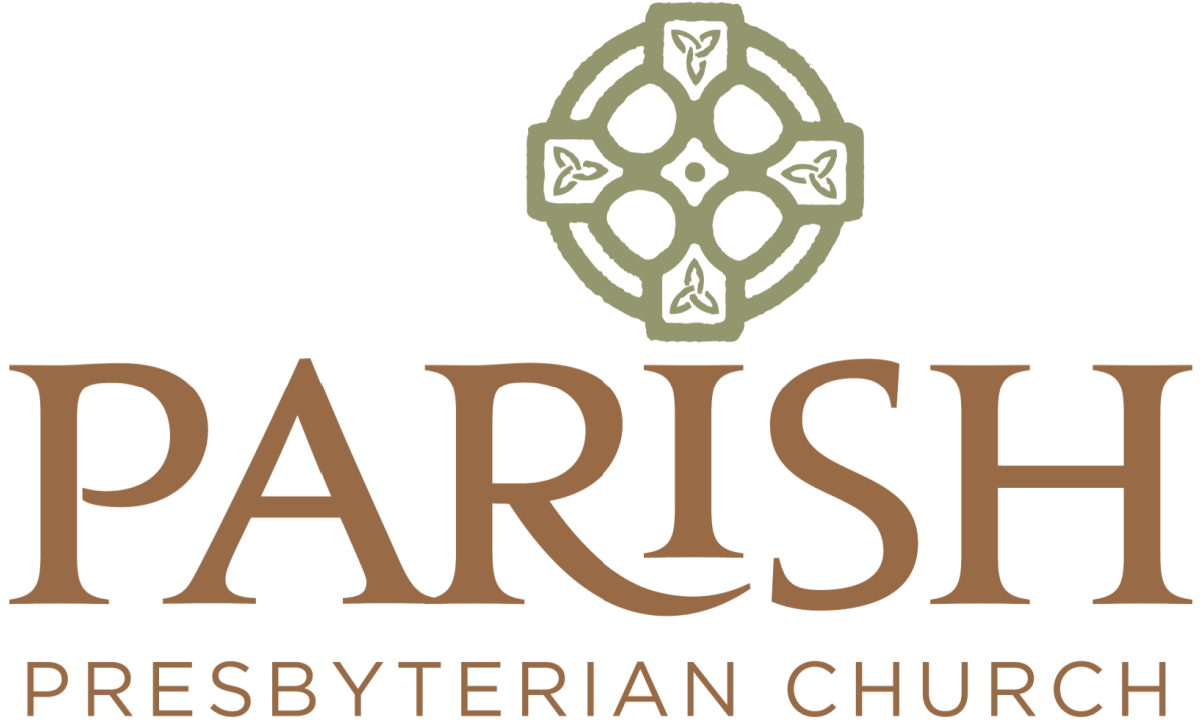We come to the end of our sermon series the week after Easter, a series that began exactly one year ago. It’s fitting that the service today will focus on some of the very same themes: the reliability of Scripture, and the proclamation of the good news. In the first chapter of Mark’s Gospel, we heard Christ proclaimed as the…
The very first promise of redemption comes immediately after the Fall of Adam and Even in the Garden. There God declares that the “seed of the woman” would “bruise the head of the serpent” (Genesis 3:16). In the earliest churches, this great promise was artistically represented by mosaics of dragons on floors—upon which everyone in the congregation could step and…
Mark 15:21-47 21 And they compelled a passerby, Simon of Cyrene, who was coming in from the country, the father of Alexander and Rufus, to carry His cross. 22 And they brought Him to the place called Golgotha (which means Place of a Skull). 23 And they offered Him wine mixed with myrrh, but He did not take it. 24…
The palm tree and palm leaves appear again and again throughout the Bible as symbols of integrity, honor, righteousness, holiness, godly authority, and royal glory. The palm was used in the carved decorations of the temple, usually associated with the Cherubim, but also with the regal lion and the flower in full bloom. In addition though, throughout the entire ancient…
When Dr. Grant suggested that we use Psalm 22 as the text for our Wednesday night Lententide devotions, I immediately thought we should sing through this messianic psalm during the Sundays of Lent as well. The only problem was that the version that we know best, Greg Wilbur’s fantastic All Earth To Him (Psalm 22) is taken only from the…
The simple text, “Lord, have mercy. Christ, have mercy. Lord, have mercy,” each repeated three times, has been used in the worship of the Christian church since at least the 2nd century A.D. Loosely based on the prayer of the tax collector in Luke 18, it was so widely known that in the middle ages, when most of the liturgy…
He will give to all the faithful His own self for heavenly food. This line from the hymn Let All Mortal Flesh Keep Silence, which is heard almost exclusively during the Advent season, points us towards the events described in this morning’s sermon text in Mark: the institution of the Lord’s Supper. Words and images of eating and drinking abound…

